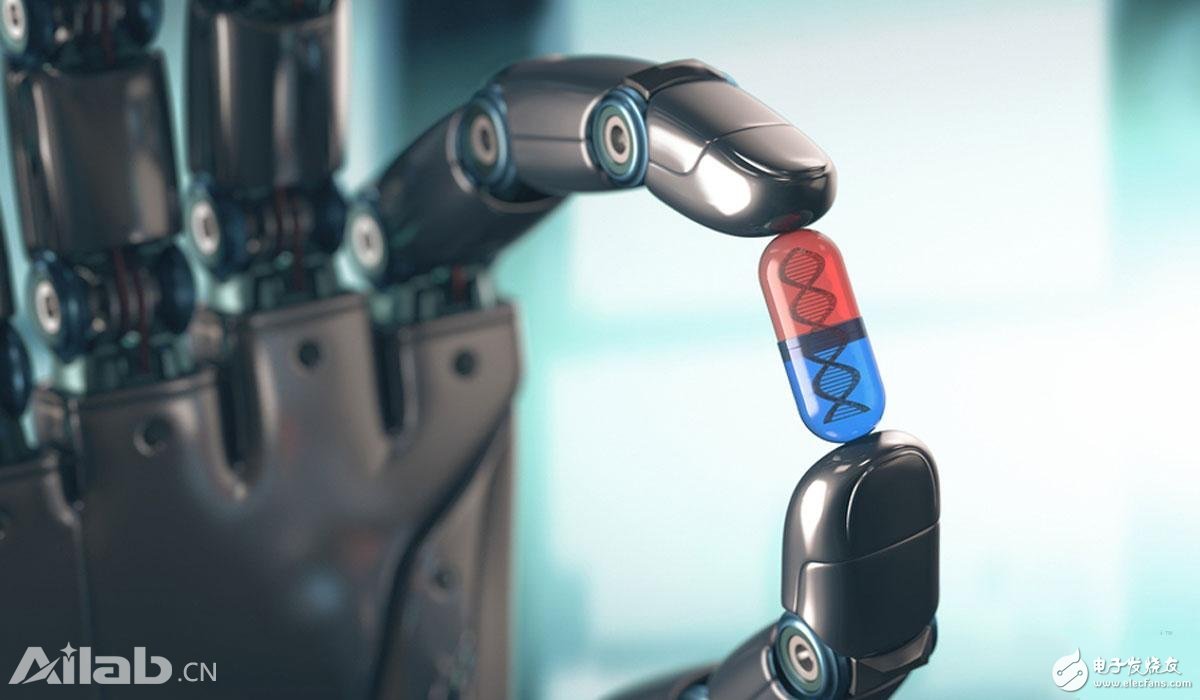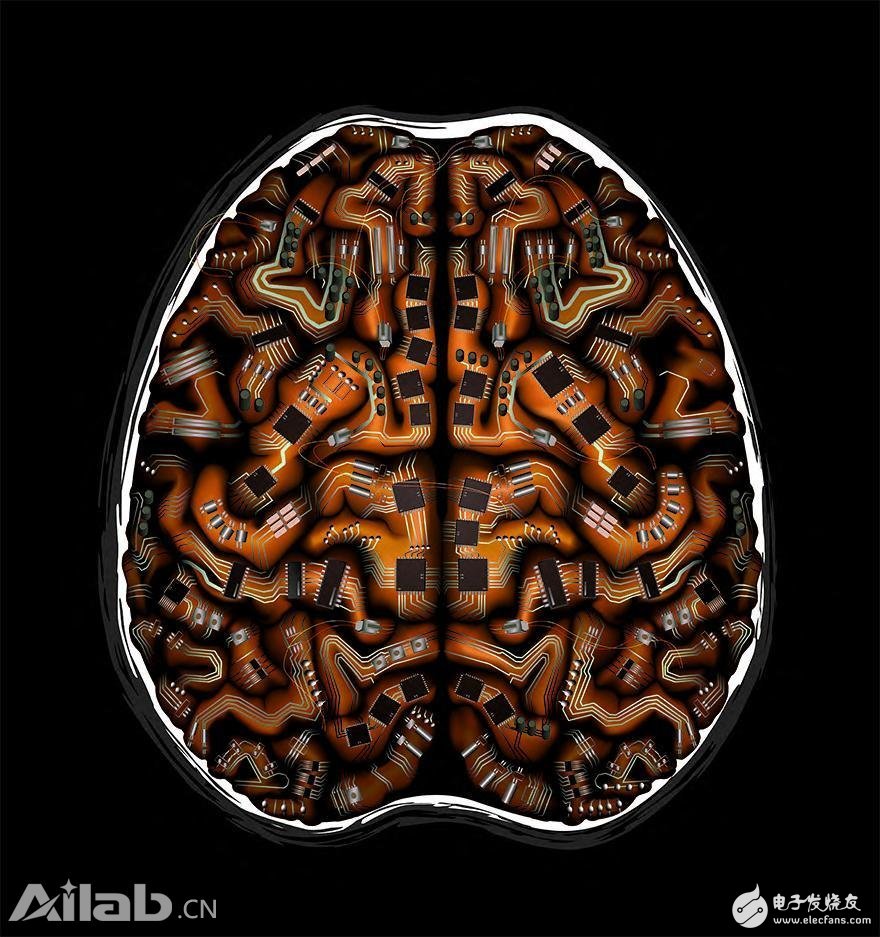The National Cancer Institute estimates that four out of ten Americans may be diagnosed with cancer at some point. 33% of cancer patients do not live longer than five years, which gives them little time to find effective treatments. New anti-cancer drugs take 10 years to get to market. This promotion involves animal testing, human testing and regulatory review – and the probability of success is only 7%. So, is it surprising that there are less than 2,000 drugs approved by the Food and Drug Administration on the market? (Not 2000 cancer treatments, 2000 medicines for all diseases)

A biotechnology research company called Insilico Medicine hopes to drastically improve the state of drug development by dramatically reducing the time required for research with the help of artificial intelligence (AI). In a study published in the medical journal Oncotarget, a team led by Insilico Medicine detailed their approach. In essence, its researchers built two computer networks (known as Generic Confrontation Networks, or GANs for short). One of the studies proposed new molecules that may have anti-cancer properties; the other is whether or not drugs are ineffective against cancer. Polina Mamoshina is a research scientist at Insilico Medicine. She said, "It is best to use the analogy of art to explain that if the cancer drug is a work of art, then the first network will be an art student trying to imitate it, and the second network will be an art expert.

Back at GANS, the first network has been trying to "spoof" the latter, allowing the latter to accept new molecules as legitimate drugs, both of which provide a better understanding of what cancer treatment should look like. Once they pass each other's tests, these networks can be used to detect compounds to detect their anticancer potential. In this way, the Insilico? Medicine research team screened 72 million chemicals from a public database. Of the compounds selected in GANS, 60 have been patented for cancer treatments, which means that the network can accurately identify these drugs, and other compounds of their choice are likely to warrant further study.
The silico laboratory's (computer test) method is faster than in vitro (test tube) experiments. Researchers are not looking for new cancer treatments, but instead use a million known compounds with therapeutic potential, and in just one month, researchers can narrow the list to 100.
This method not only promotes drug development faster, but also brings more economic benefits to research. Every drug that fails in the experiment will cost millions of dollars in labor and resources. A study by the Journal of Health Economics estimated that the cost of drugs failed in each experiment increased by more than $1.6 billion over the cost of each successful drug. With fewer, more accurate searches, researchers can save millions, even billions.
But not everyone has confidence in the application of silico tesTIng. Mamoshina acknowledges that many cancer researchers who use more traditional biological and chemical methods are not familiar with artificial intelligence, and such experimental results may not be good for them. “For them, this is a black box,†she said. "It's really hard to understand, and that's why they are skeptical about it."
Like other cutting-edge technologies, hype may have driven the advancement of Insilico Medicine, but it has also bought hidden dangers. Olexandr Isayev is an assistant professor at the University of North Carolina, and his lab focuses on developing methods for artificially assisted drug discovery. He admits that people may be too excited to start with a technology that has not yet provided any substantive results. “Most of the published papers, including this one, are purely computational,†he said. "So, some predictions may be wrong. I really want to see the first time that the "Artificial Intelligence Discovery" drug molecule has been experimentally confirmed to be successful."
The company did not license the technology in the form of a software-as-a-service model, but instead extended the research to molecules that have been identified by the network with anticancer potential. Once these compounds pass traditional in vitro testing, they are authorized to undergo further regulatory review by the pharmaceutical company, and if all goes well, marketing will be approved. In August, the company announced that Insilico Medicine is working with pharmaceutical giant GlaxoSmithKline to implement some new research techniques.
Insilico Medicine's belief in this new approach is reflected in its decision to authorize the drugs it discovers, rather than in the tools that discover drugs. However, for the company to prove that artificial intelligence can indeed eliminate the guess that the drugs found earlier are not effective, they will have to go back to the laboratory for testing.
More stable performance
Disposable ecig have a completely enclosed design, reducing the need for charging and replacing cartridges. The no-charge design also reduces the occurrence of faults. It is understood that with rechargeable e-cigarettes, each cartridge needs to be charged at least once and the battery efficiency is extremely low, while the design of disposable ecig can solve this problem very well.Disposable ecig are very easy to carry on daily trips, no need for any operation in the use of airflow induction, direct suction can be out of smoke, meaning that you just need to suck directly on the hand can be the main feature of the small cigarette is practical portability is the main, its appearance is very small, no longer like the previous big smoke box mechanical rod nowhere to put.
The market outlook for disposable ecig
There has been a controversial topic regarding the use of disposable ecig. According to scientific studies, the long-term use of e-cigarettes can cause harm to the human body, no less than tobacco. Therefore, it is important not to overuse either type of e-cigarette - after all, smoking is bad for your health. Specifically, the PMTA requires that any new tobacco product be approved by the FDA for legal promotion and that the FDA consider all aspects of the product to be beneficial to public health. Our products can always be sold under the supervision of the PMTA at cost and are prohibited for sale to minors. We have strict guarantees regarding the quality of our products.
Disposable E-Cig,Disposable Vape Pen Oem,Best Disposable Vapes,One-Time Use Vape
Shenzhen MASON VAP Technology Co., Ltd. , https://www.disposablevapepenfactory.com